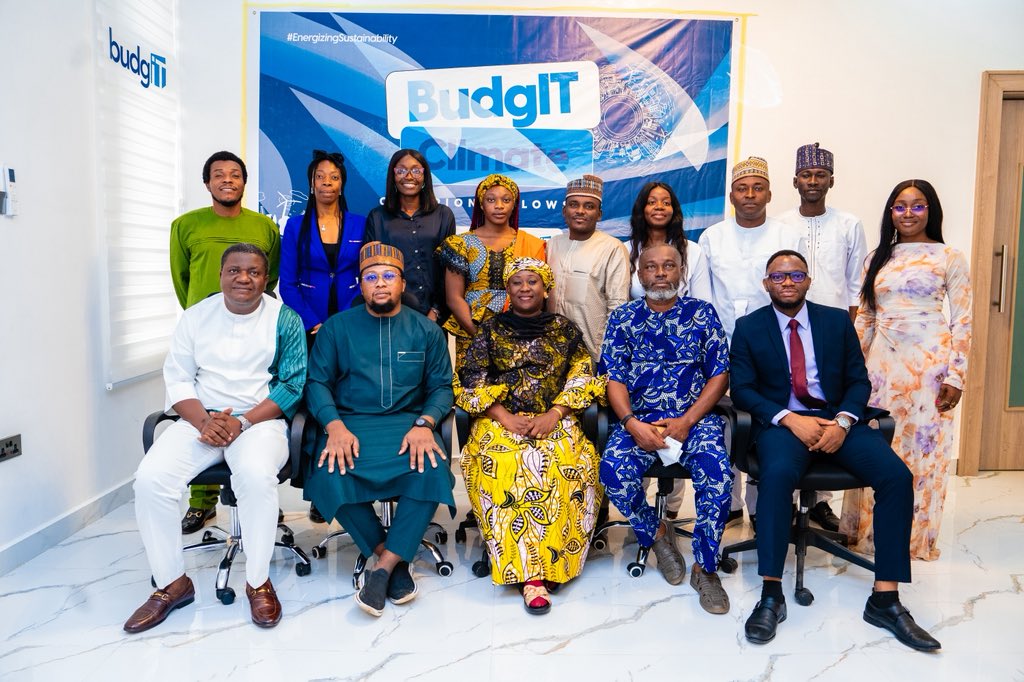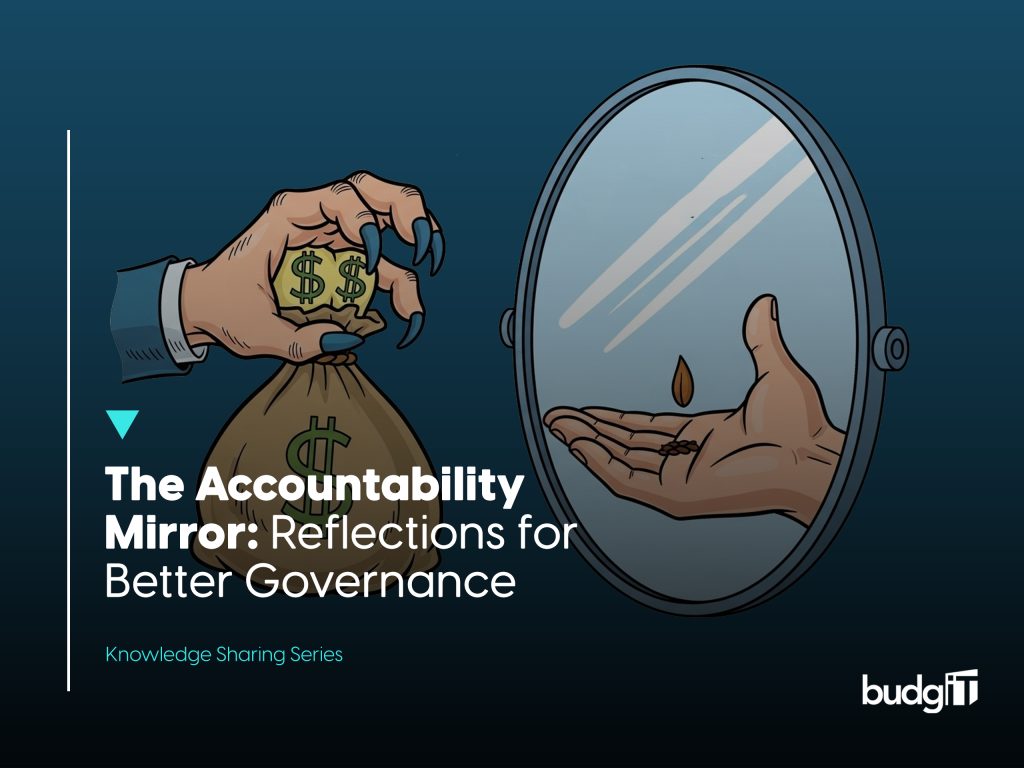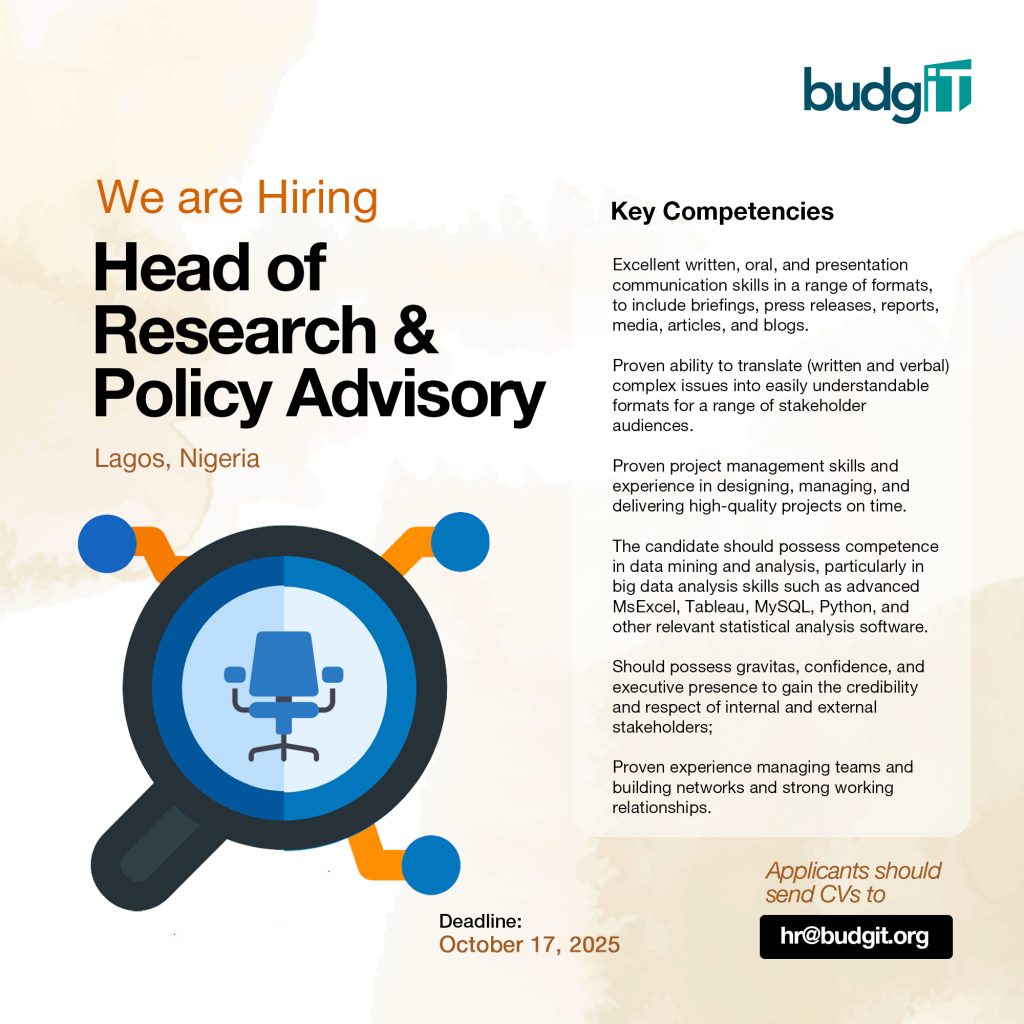When I was first asked to coordinate the PWYP Climate Champions Fellowship 2025, I knew it would be an ambitious journey. The goal was clear: to empower young Nigerians with the knowledge, skills, and networks to engage meaningfully in the energy transition and climate advocacy. But what I did not anticipate was how much I would learn along the way.
This blog examines some of the lessons I have gathered from coordinating this fellowship.
- Young People are Hungry for Knowledge and Action
From day one, it was clear that our fellows were not content with theory alone. Each class sparked discussions that carried into WhatsApp groups, resource folders, and late-night debates. When it came time for their mid-fellowship projects, they did not just tick boxes—they brought climate awareness into schools, markets, women’s cooperatives, and even soap processing facilities. They took action at the grassroots level and reminded me that when youth are trusted with responsibility, they rise to the challenge.
- Coordination Requires Flexibility
We started with a clear calendar: two classes a week, resource uploads, and assignments. But life happens, you know, facilitators had emergencies, fellows battled connectivity challenges, and national events and holidays sometimes disrupted schedules. What mattered was not perfection, but flexibility. Rescheduling, creating fluid learning options, and building a strong resource bank were the key factors that made the fellowship more effective.
- Community Engagement Needs Contextual Sensitivity.
I saw firsthand that climate advocacy looks different in Lagos than in Sokoto, in Enugu than in Yobe. What resonates with farmers struggling with rainfall shifts may not land the same way with soap processors inhaling smoke in poorly ventilated workshops. My key takeaway is that effective advocacy meets people where they are.
My Action Points from the Fellowship
- Build stronger alumni networks: This fellowship should not end with certificates. Fellows need platforms to keep collaborating, sharing resources, and amplifying each other’s voices.
- Invest in storytelling: The most powerful outcomes were not just the numbers reached but the personal stories. A student starts an environmental club, women rethink energy sources, and a fellow gains confidence to lead. We must document and amplify these stories to influence broader policy conversations.
- Expand partnerships: Facilitators, mentors, and state officers were vital to the fellowship’s success. Future editions should strengthen partnerships with universities, media outlets, and grassroots organizations to achieve a broader impact.
My Recommendations for Future Models of Grassroots Action.
- Scale the Model: The blend of training, mentorship, and community projects works. Scaling this model across West Africa could multiply impact.
- Prioritize Gender Inclusion: Women were at the center of many projects, both as fellows and as community beneficiaries. Climate initiatives must continue to spotlight and support them.
- Strengthen Climate Policies: Nigeria’s Climate Change Act (2021) provides a framework, but stronger enforcement and localization are needed. Policies should:
Embed community voices in Nationally Determined Contributions (NDCs) to reflect grassroots realities.
Expand renewable energy incentives for MSMEs and local producers to make clean energy more affordable.
Mandate climate education in secondary and tertiary curricula, building on the sensitization model piloted in this fellowship.
Strengthen health and occupational safety standards to address gendered impacts of indoor pollution from biomass use.
- Secure Sustainable Funding: Short-term projects deliver bursts of energy, but long-term funding is necessary to sustain fellowships, alumni activities, and community impact.
- Mainstreaming Climate in Governance Conversations: Advocacy must connect climate change with governance, transparency, and accountability, ensuring that communities not only adapt but also shape policy to drive effective change.
A Personal Note
As coordinator, I often sat in the background monitoring attendance, sharing links, nudging facilitators, and compiling reports. But through it all, I felt a quiet pride. Watching fellows evolve from curious learners to confident advocates affirmed why this work is so important.
The PWYP Climate Fellowship was more than a program; it was a ‘foot forward’. The real success will be how it grows: in the fellows’ communities, in their careers, and in Nigeria’s climate future. And from what I have seen, we can make a significant impact when community voices are heard in conversations around energy transition, and that’s a real impact to me.



